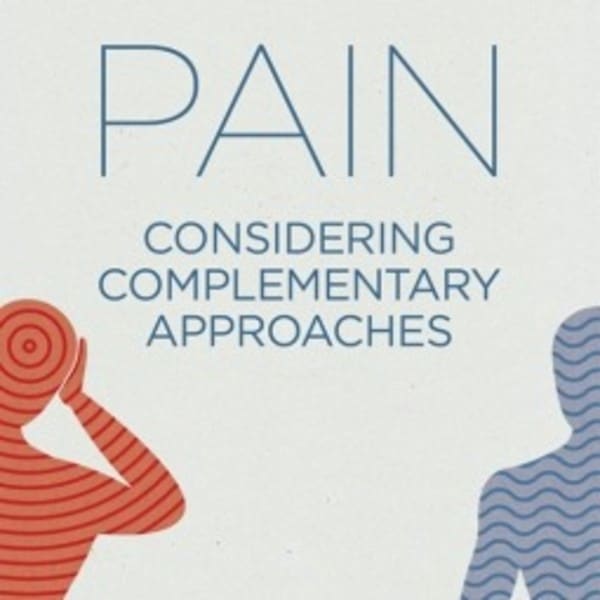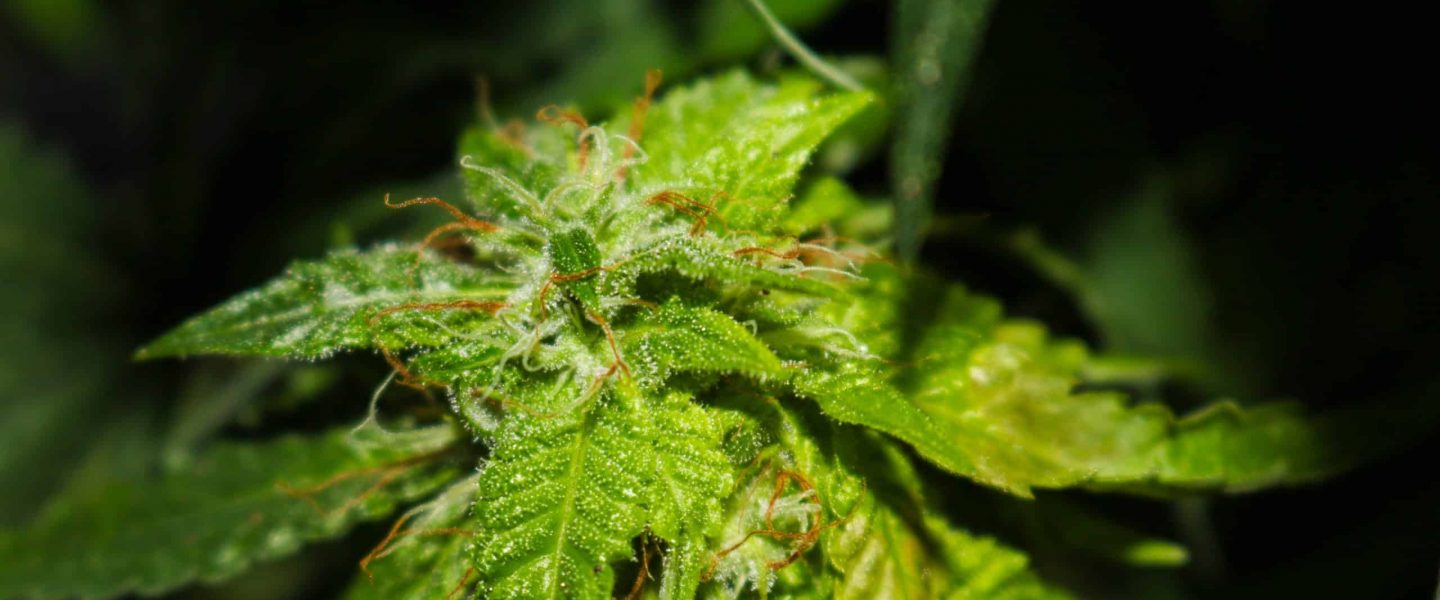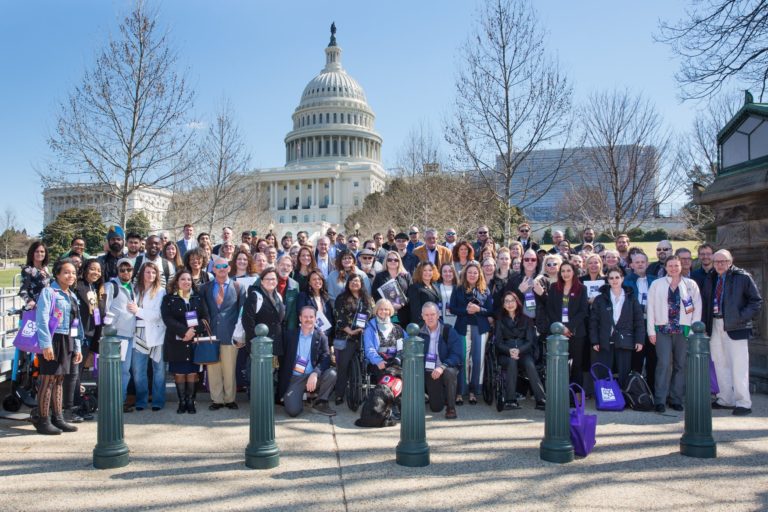
The National Center for Complementary and Integrative Health (NCCIH) announced that it was seeking applications from researchers to conduct studies on “minor cannabinoids and terpenes” in an effort to learn more about how these components work—separately and when combined—as potential pain-relieving agents, reported Marijuana Moment.
“Early clinical data suggest that cannabis may enhance the potency of opioids in relieving pain; and the synergy from using these products together may result in more effective pain relief with lower doses of opioids,” the NCCIH wrote. “Yet, it is unclear which components of cannabis may have these properties. In particular, few studies have examined whether and which cannabinoids and/or terpenes interact with the opioid pain pathways.”
The research, expected to get underway later this year, is happening not a moment too soon in view of the country’s raging opioid crisis and widespread use of opioid-based painkillers for pain management.
“A growing body of literature suggests that the cannabis plant may have analgesic properties; however, research into cannabis’s potential analgesic properties has been slow,” according to the published funding opportunity. “One key mechanism to investigate is whether potential analgesic properties of cannabis can be separated from its psychoactive properties. To address this question, more research is needed into the basic biological activity of the plant’s diverse phytochemicals, specifically minor cannabinoids and terpenes.”
Applicants are encouraged to submit letters of intent about their research proposals 30 days before the March 15, 2019 deadline. The $1.5 million will be distributed among four grant recipients, noted the NCCIH, which is part of the National Institutes of Health.
“This initiative encourages interdisciplinary collaborations by experts from multiple fields—pharmacologists, chemists, physicists, physiologists, neuroscientists, psychologists, endocrinologists, immunologists, geneticists, behavioral scientists, clinicians, and others in relevant fields of inquiry.”



























